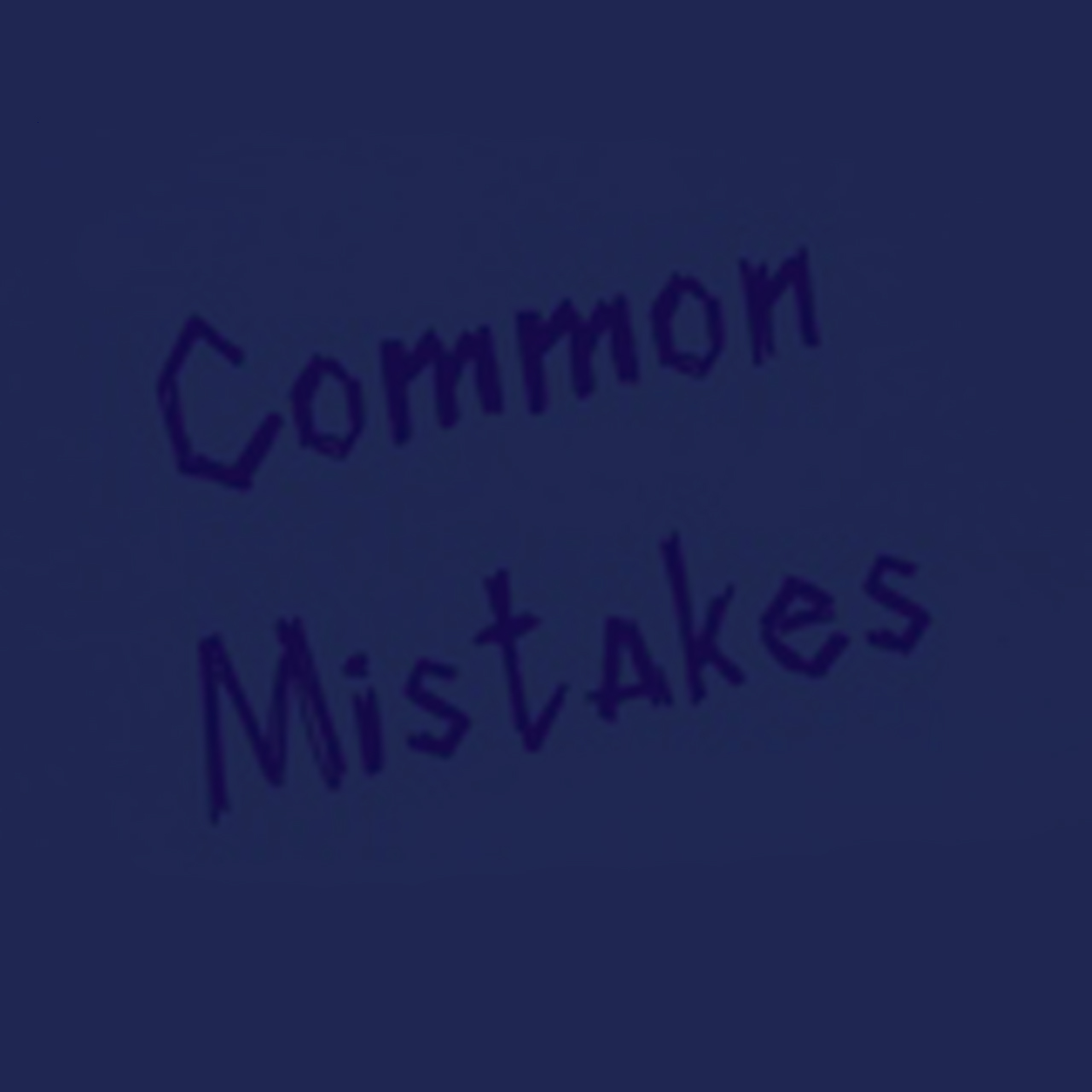Letting The Pressure Of Other People’s Expectations Hold You Back.
Thinking of your career in isolation to the remainder of your life and clinging to your temperature. We work on the average 90,000 hours over our lifetime. How we spend our days is how we live our lives, and this spills over into how we are being within ourselves and with others. When we make career decisions supported the expectations of others, without having a robust internal compass to guide us in our decision-making process, we frequently find ourselves on an accidental career trajectory. As humans we are hardwired to take care of our sense of safety and luxury. If we’re unhappy in our careers we often wait until the pain of doing nothing becomes greater than the pain of doing something
Not ‘Testing’ The New Career First.
Are you sure this new career is basically what you want? We’ve all heard the old saying, ‘the grass is usually greener on the opposite side.’ How does one know the grass will actually be greener? How are you able to know it’s the proper career when it’s something completely different than what you’re currently doing? A good way of avoiding being disappointed is doing what we call ‘prototyping’. In the design world, ‘prototyping’ means building models to assist understand a drag. In the world of adjusting careers, it basically means lecture folks that are already doing the career you’re seeking. By doing so, you’ll ‘prototype’ or validate your assumptions before taking the large leap. It’s an honest thanks to know if that new career is basically for you, or whether you would like to readjust your strategy.
Not Using Your Professional Narrative To Reposition Yourself.
Narrowing your options. Our identities are so engaged with our careers that it are often hard to abandoning of the work titles that have defined us. Even when deliberately trying to interrupt free from a past than can pigeon-hole you, there’s an art to telling the new story. Update your LinkedIn profile to point your career interests, transferable skills, and motivators. Rewrite your resume so as that it doesn’t scream ‘Data Analyst’ once you’d wish to be viewed as a design-thinking customer-centric strategist. Be a lively contributor and thought leader for topics which will increase your visibility within the industry of your choice. Actively re-brand yourself to avoid the danger of being typecast by your experience and qualifications. Your summary sections on your LinkedIn and resume provide the right vehicle to signal to hiring managers how you would like your capabilities and potential to be interpreted.
Not Leveraging Your Existing Network.
The common mistake that I see people make once they’re making a career change isn’t using their existing network. I’ve met many highly-connected professionals with a huge network who they turn regularly in their roles, yet who are nervous to contact them for a few supports with their careers because it crosses some quite invisible line or seems too personal. In reality most folks are delighted when asked to inform our story and introduce people to interesting people we all know. Clearly not everyone will either help or inspire you, but think what you would possibly be missing if you never ask! If you’ll get a while with someone who’s during a role or sector that interests you, ask them: How did you get here? What’s subsequent big thing during this sector?
Giving Up Too Soon.
Most career changers get discouraged too early in their transition because ultimately it takes time to urge your current boat of experience closer to subsequent industry boat you want to jump into. It’s okay to take things one step at a time and even volunteer or combat part-time work to realize more experience during a field before you officially land the dream job. Take some time and obtain creative with prototype opportunities to network and obtain more familiarized together with your field of interest.



